At the beginning of each year, a Quaker theme is shared with the entire school community, which helps in setting intentions and recentering our commitment to cultivating a “Meeting for Learning” that embodies the Quaker testimonies through pedagogy and learning.
The Quaker theme can help students and faculty alike develop a more nuanced understanding and personal connection to Quakerism in their teaching, learning, and community engagement beyond the Quaker jargon that gets thrown around like SPICES, Continuing Revelation, and inner light. Although the Quaker theme brings bold promises in the ways it offers faculty and students to engage with Quakerism while honoring the dignity of personal experience, operationalizing the Quaker theme has proven to be a challenge.
Most of the dialogue around the Quaker theme ends in the first month or so of the academic year. This causes that channel of engaging with Quakerism to escape many people’s minds, especially given how much we as a school community talk about the other, more cliche Quaker testimonies.
Our Quaker themes from the previous three school years have been “Quaker History” to commemorate the 325th year of operation during the 2021-2022 school year, followed by two years of “Renewal” to guide the community as it was re-gathering following the period of virtual instruction during the pandemic. In the more distant past, we have also had Quaker themes such as “Belonging”, “Collective Purpose”, and “Bearing Witness”. This year, the theme the Quaker Action Committee (comprised of faculty and other adult community members) has offered us, in conjunction with the Administrative Council, the School Committee, and the divisions, is “What Does It Mean to Be a Quaker School?”
This theme, which is unique in that it is a query, invites responses, acknowledges the broad range of experiences Quaker education offers, and asks how Quaker education can be defined. This query feels extremely timely given the current political climate and the state of the world.
When the theme was being generated, no one knew definitively which candidate would win the presidential election, but with the division, fear, uncertainty, and hate the Trump administration has brought in their first 100 days in office, this query has felt increasingly relevant.

When I think about my response to this query, I must admit I don’t fully have an answer. I probably never will because being a Quaker school will always mean something different, as this truth will continue to be revealed to us in different ways as time goes on, in the process of continuing revelation, and as events outside of the Quaker education will continue to redefine what it means.
Oftentimes, it seems like Quaker schools exist in their idealistic bubble, but this is simply not true, as we very much exist as a Quaker school in the context of the world. We can’t escape the problems the world plagues us with interpersonally or outside of school. AFS and other Quaker schools as institutions can’t escape the threat the Trump administration poses for the education sector broadly, in which Quaker schools are not immune.
Although we can’t escape the problems, the unique part of being a Quaker school is that we can resist the ways of the world collectively and continue to leverage the power of a Quaker education, one of justice, agency, reflection, care, resilience, and continuity.
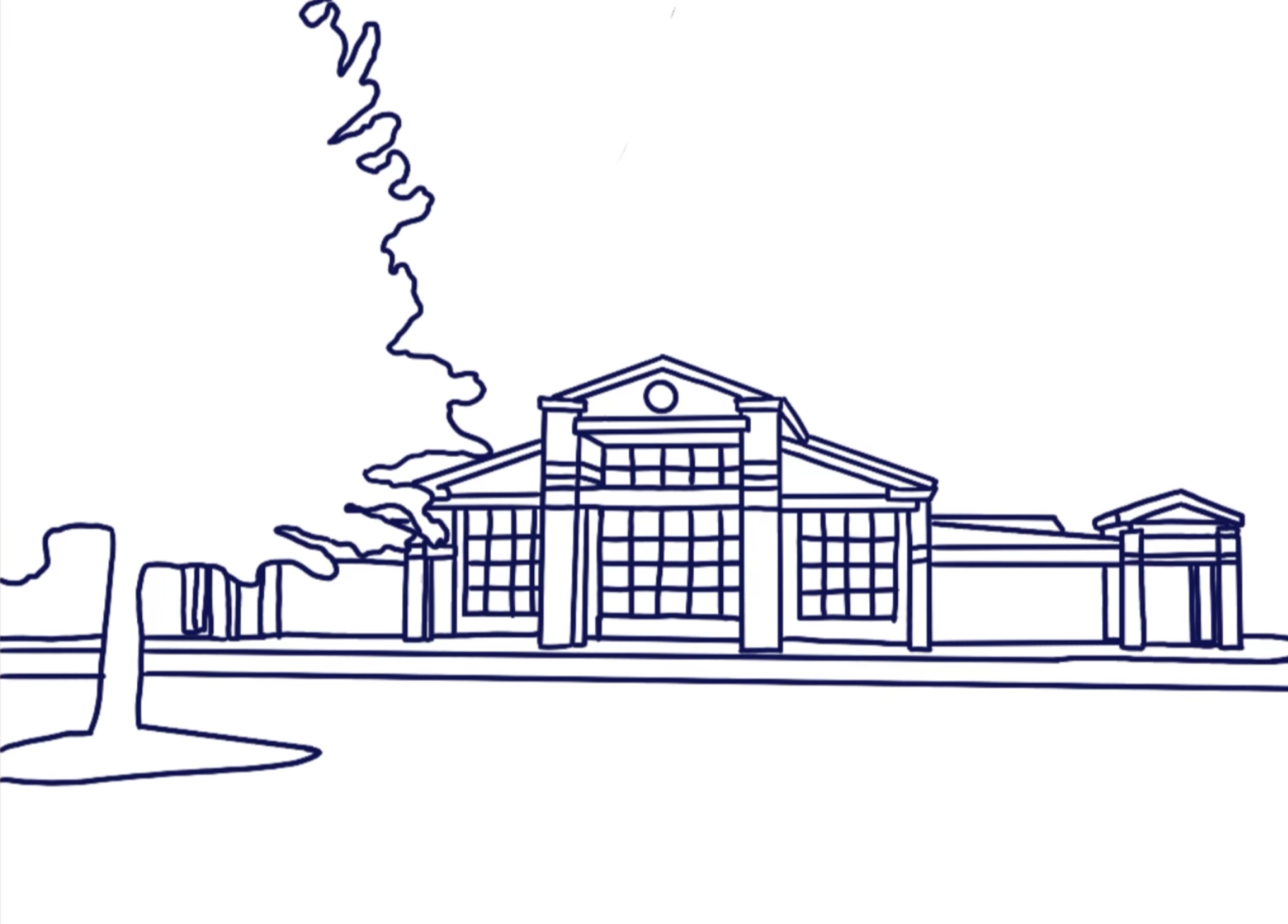





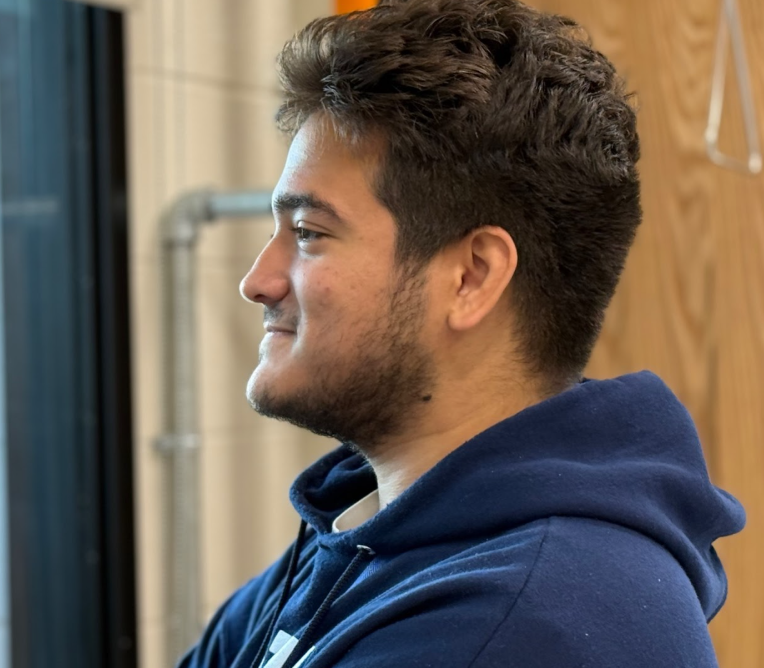
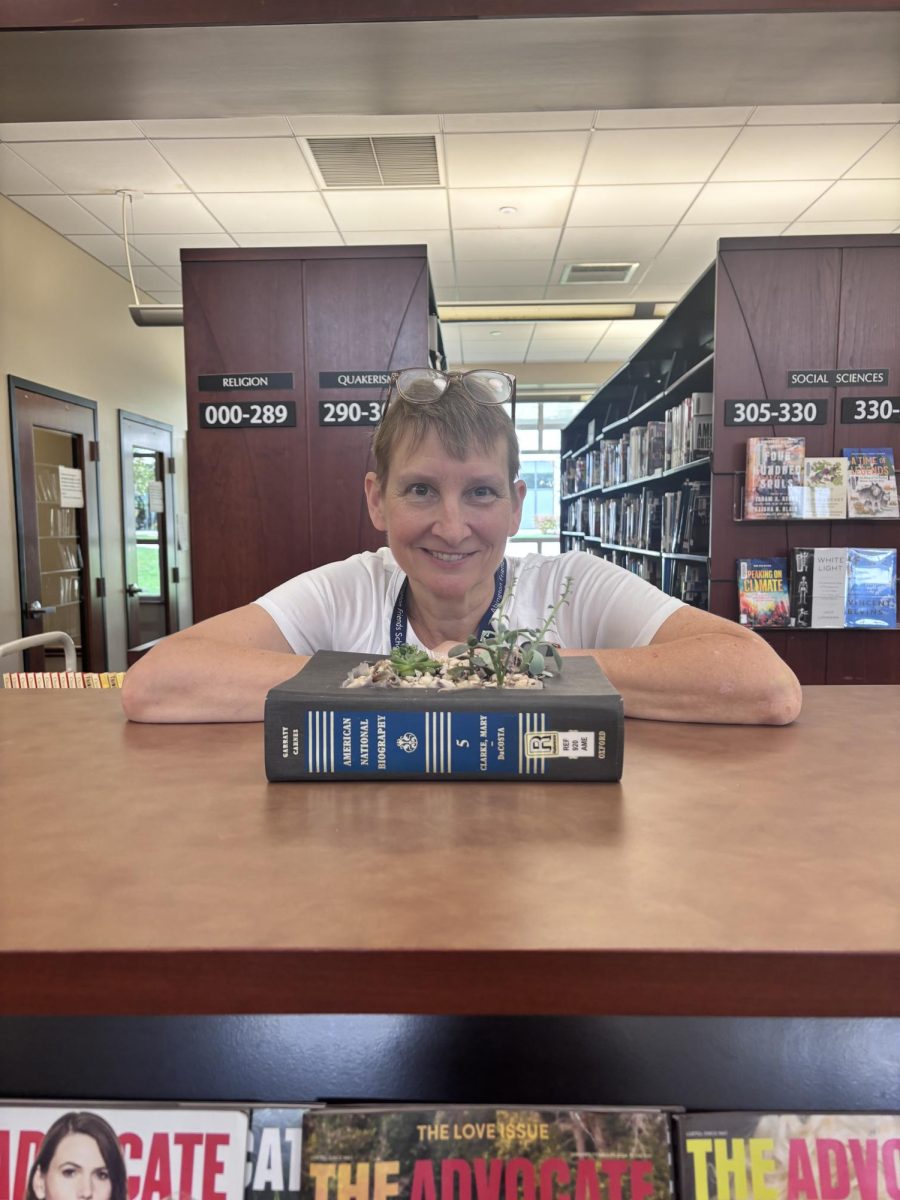





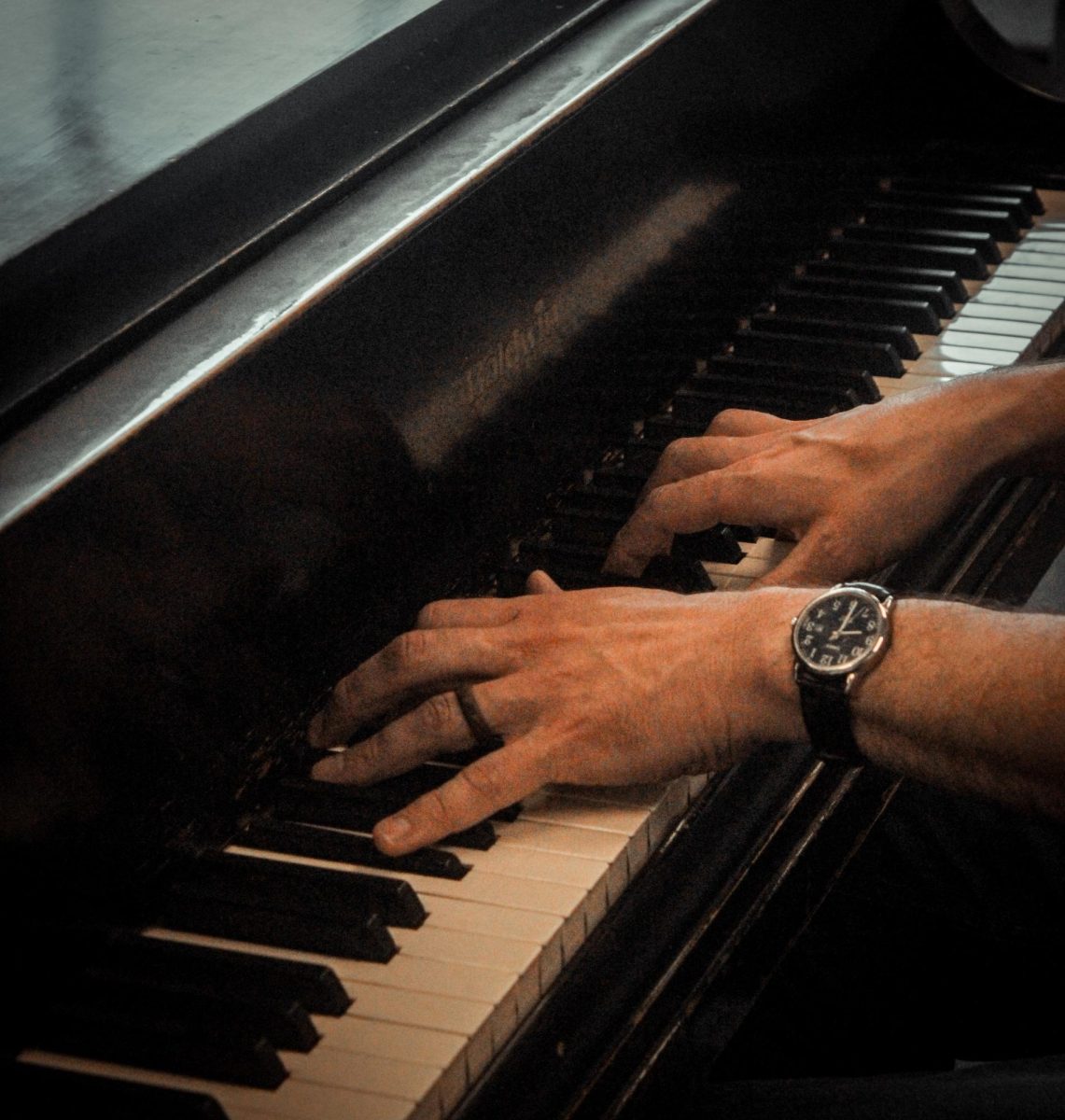
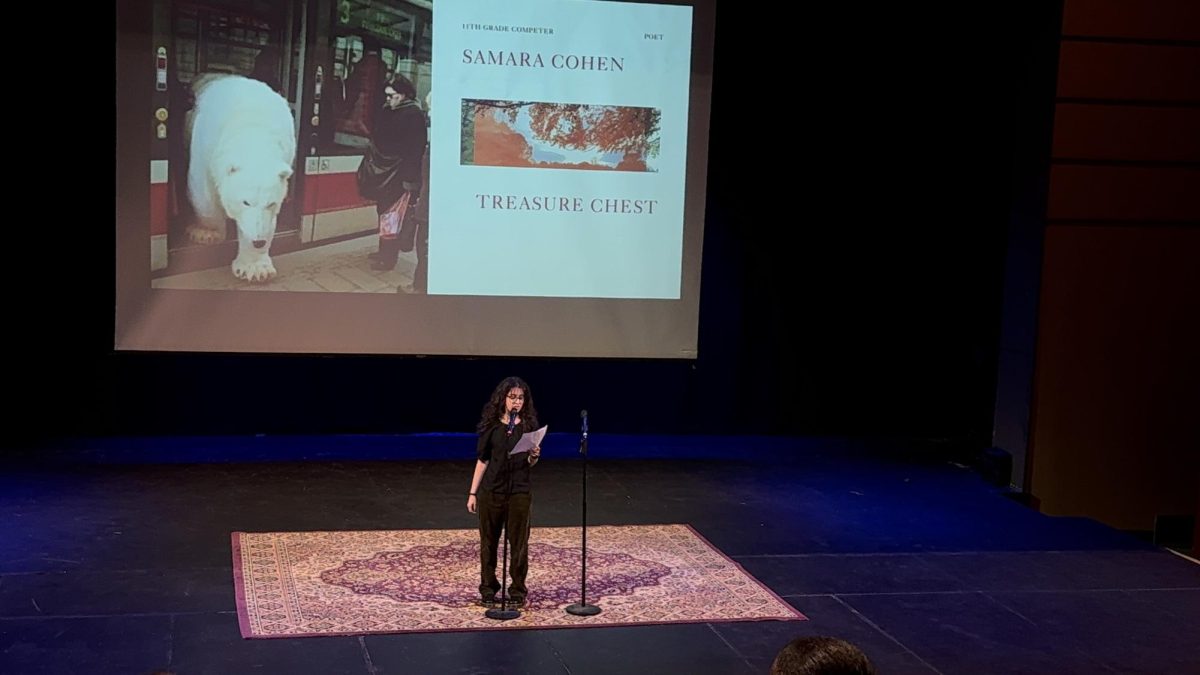
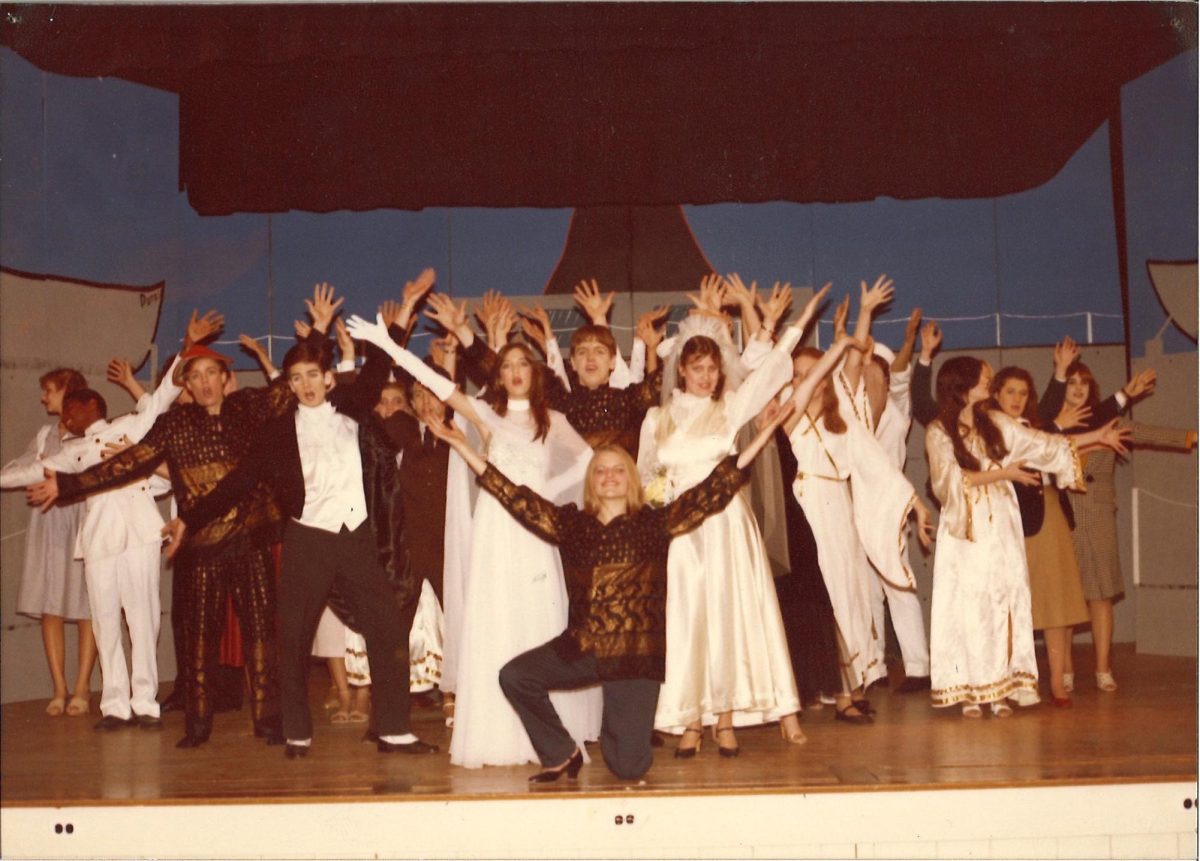


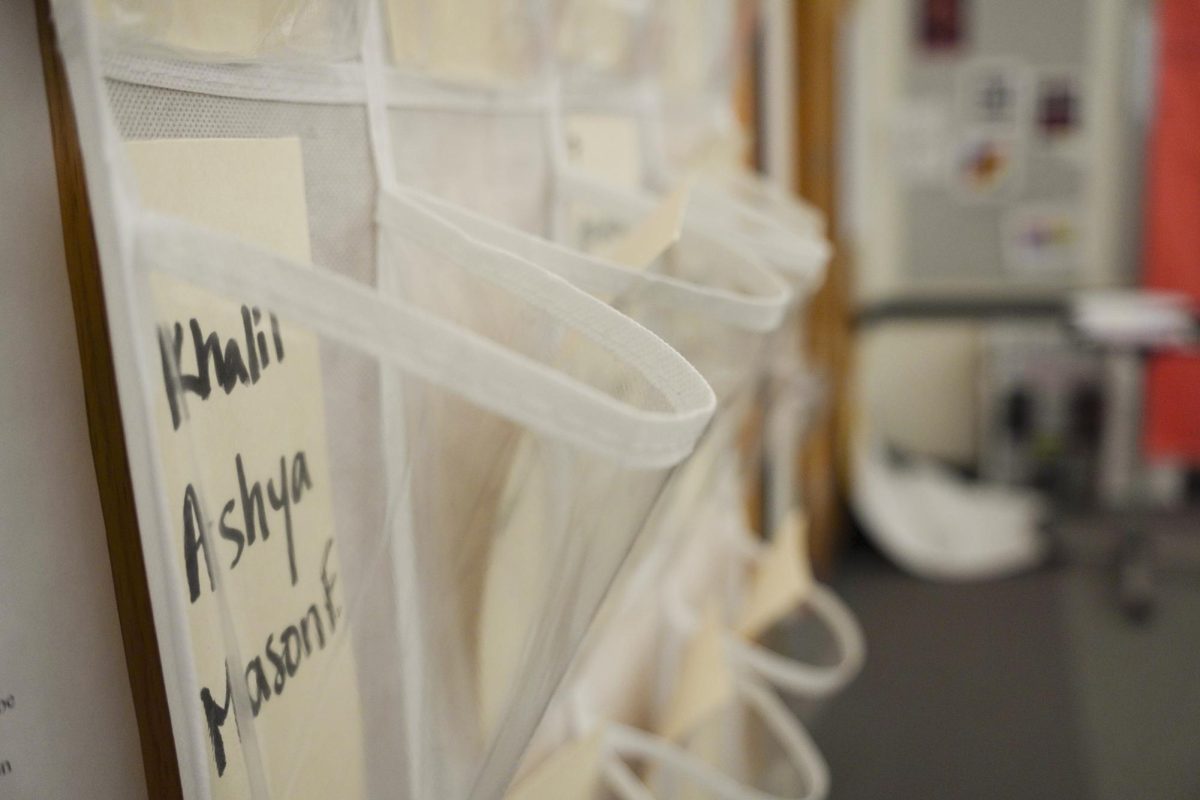

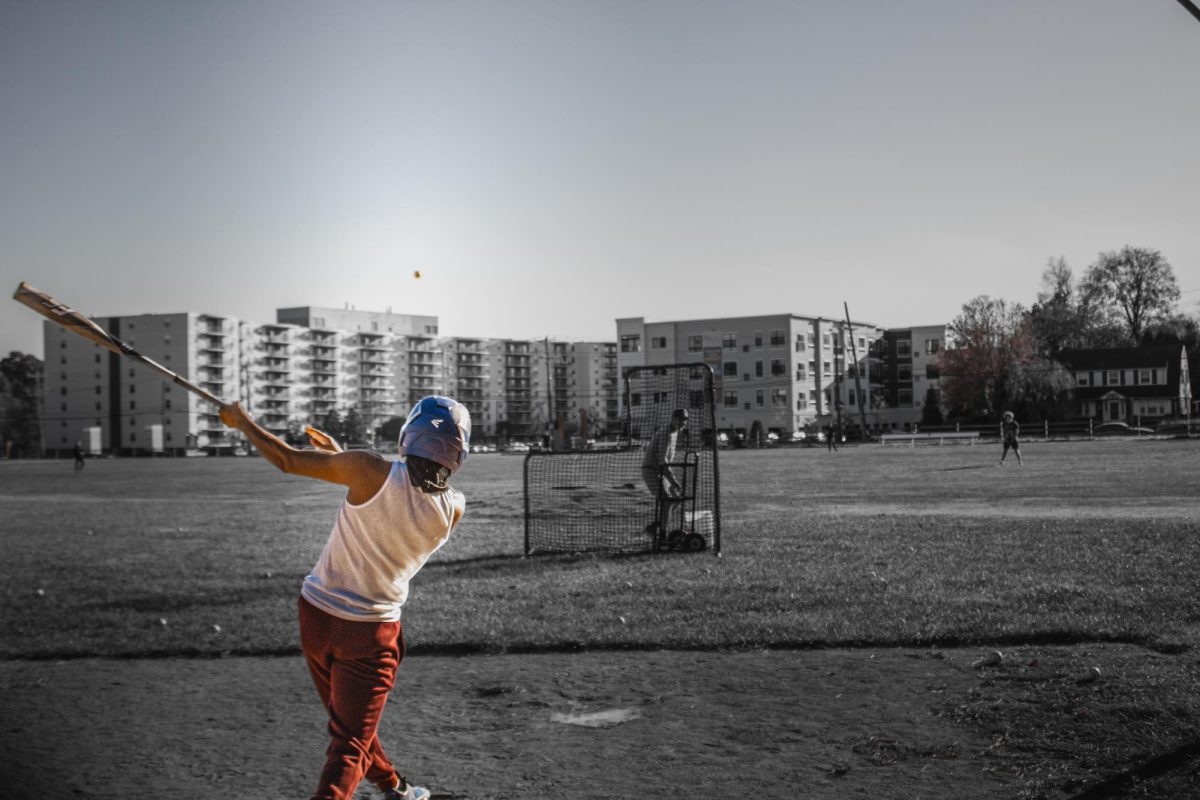
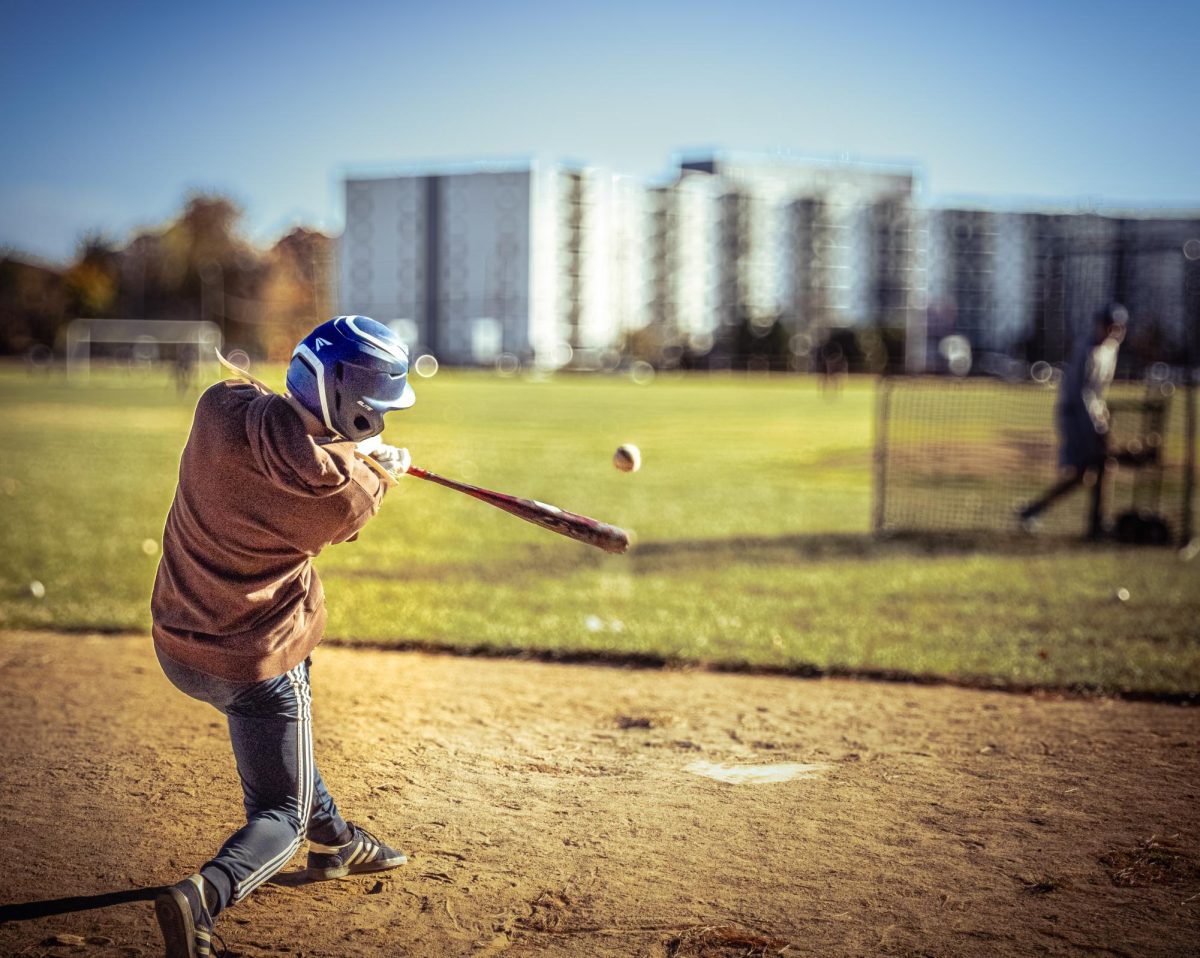



Henry Goldstein • May 30, 2025 at 8:16 am
In a school setting, I think that the way we incorporate Quakerism is good. It is not about the practice of Quakerism, but respecting and following the values of Quakerism. I think the central point of Quaker values is the SPICES. I like these because they don’t force anyone at school to practice religion, but they remind students and teachers that these values are important, whether they are Quaker or not. I do agree that the talk of Quakerism at AFS fades as we get deeper into the school year, and I think that’s something AFS should try to change. I believe any way we go about changing this and keeping Quakerism more active throughout the year will need to involve every single person in our school community. If we keep the SPICES relevant in our minds, we can improve the power of Quaker education.